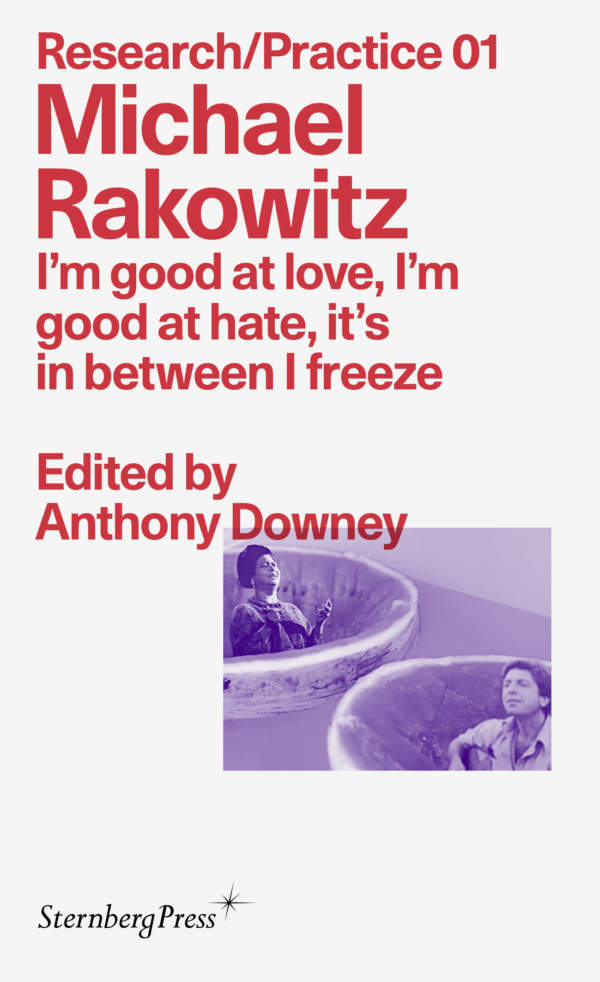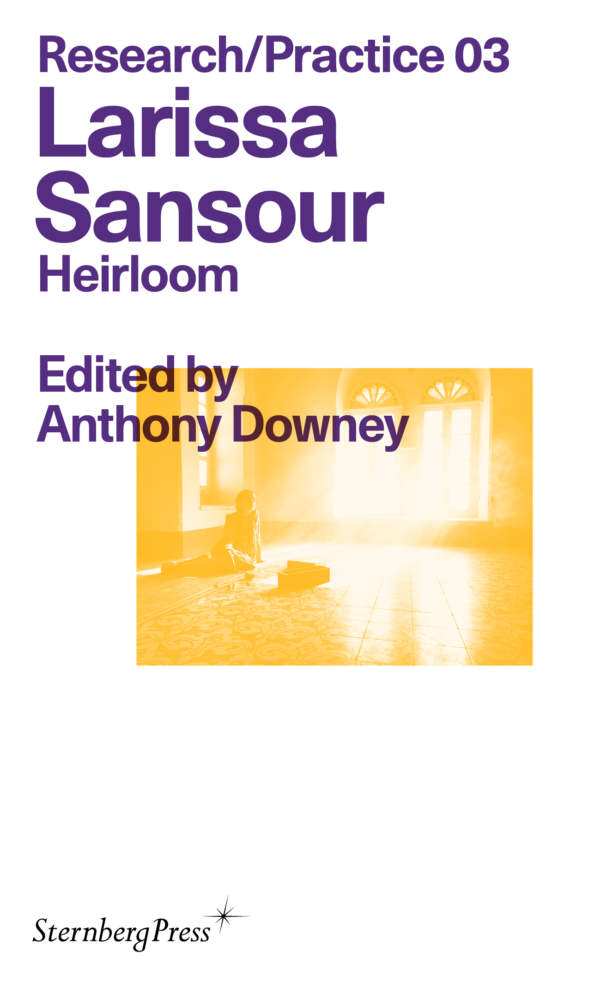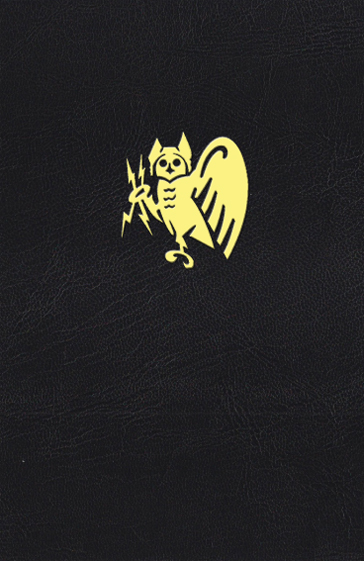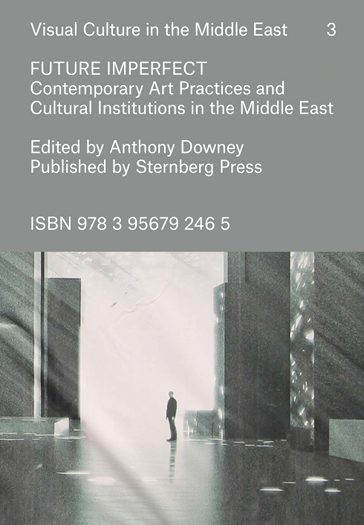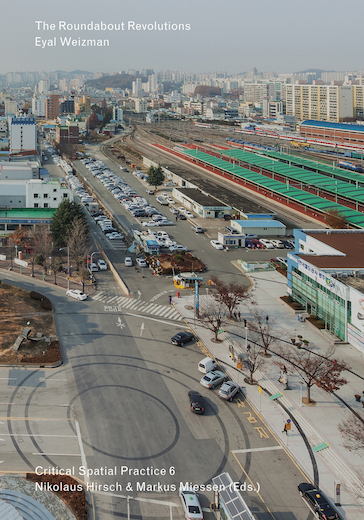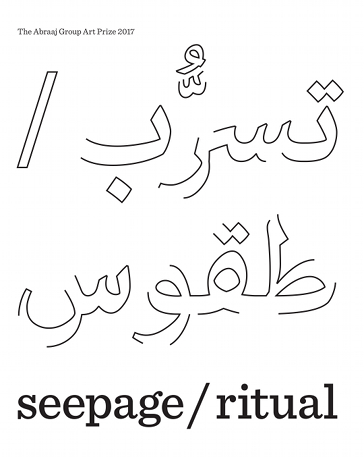Your cart is currently empty.
Cart
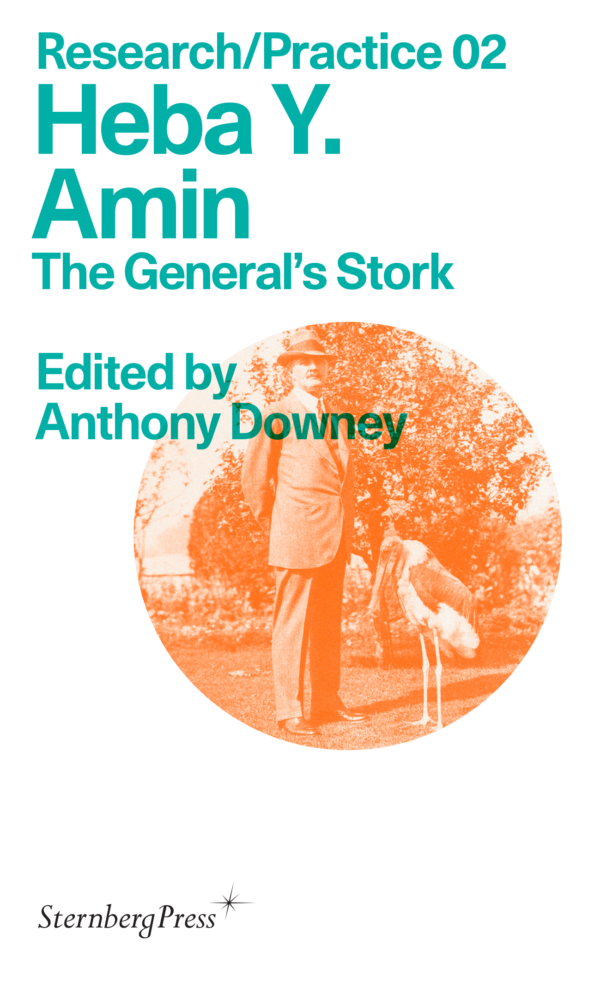
The General’s Stork
Edited by Anthony Downey
With contributions by Adam Harvey, Adel Iskandar, Haitham Mossad, Laura Poitras
In 2013, Egyptian authorities detained a migratory stork for espionage. This incident is the focus of Heba Y. Amin’s The General’s Stork, an ongoing project that investigates the politics of aerial surveillance—against the backdrop of biblical prophecies, drone warfare, and colonial narratives—from a bird’s-eye view. The research that informs The General’s Stork looks at how conquest from the sky—through land surveying, mapping, bombing, and drone technologies—has effectively transformed Western power into a spectacle of high-tech weaponry. Through the lens of paranoia that can lead to a bird being accused of spying, this volume reveals, with the indispensable work of contributors Adam Harvey, Adel Iskandar, Haitham Mossad, and Laura Poitras, the extent to which military techniques of visualization define and ultimately delimit the topography of the Middle East.
Online Book Launch | Heba Y. Amin: The General's Stork from The Mosaic Rooms on Vimeo.
Heba Y. Amin is an Egyptian visual artist, researcher and lecturer based in Berlin. She is the co-founder of the Black Athena Collective, the curator of visual art for the MIZNA journal, and one of the artists behind the subversive graffiti action on the set of the television series Homeland which received worldwide media attention. Amin has had recent exhibitions at the 10th Berlin Biennale, 15th Istanbul Biennale, MAXXI Rome, Künstlerhaus Bethanien Berlin, Kalmar Art Museum Sweden, La Villette Paris, FACT Liverpool, Kunsthalle Wien, the Museum of Modern Art in Warsaw, the Kunstverein in Hamburg, Berlin Berlinale 9th Forum Expanded Exhibition, and the IV Moscow International Biennale for Young Art.
Anthony Downey is Professor of Visual Culture in the Middle East and North Africa (Birmingham City University). He is currently a Co-investigator on AHRC and GCRF–funded research projects that focus on cultural practices, education, and digital methodologies in Lebanon, Palestine and Jordan. He sits on the editorial boards of Third Text and Digital War, respectively, and is the series editor for Research/Practice (Sternberg Press, 2019–ongoing).
“Precise, accessible, and richly contextualized, each volume in the Research/Practice series gives satisfying insight into the research process of some of our most interesting contemporary artists.”
— Professor Laura U Marks, School for the Contemporary Arts, Simon Fraser University, Vancouver, Canada
“More and more, artists are seizing upon or producing archives as a way of speculating on knowledge. Such projects can be particularly difficult to grasp because of the complexity and breadth of their constituents. The Research/Practice
series comes at just the right time to assist in critically exploring the terms and stakes of artistic research by addressing some of its most important practitioners in sustained, but accessible accounts, including a rich array of primary sources.”
— Professor David Joselit, Art, Film, and Visual Studies, Harvard University
“With the discourse on research-based practices in contemporary art having reached a point of saturation lately, this new series—focusing on a specific work or process selected from the respective artist’s practice—seems like a fresh start. The emphasis on artist-researchers working from non-Western positions and interests makes for particularly revealing, non-canonical insights. The combination of essays, documentation and interviews, moreover, results in fascinating methodological encounters, as the research practices of the various contributors productively impact on one another.”
— Tom Holert, writer and curator, Harun Farocki Institut, Berlin
